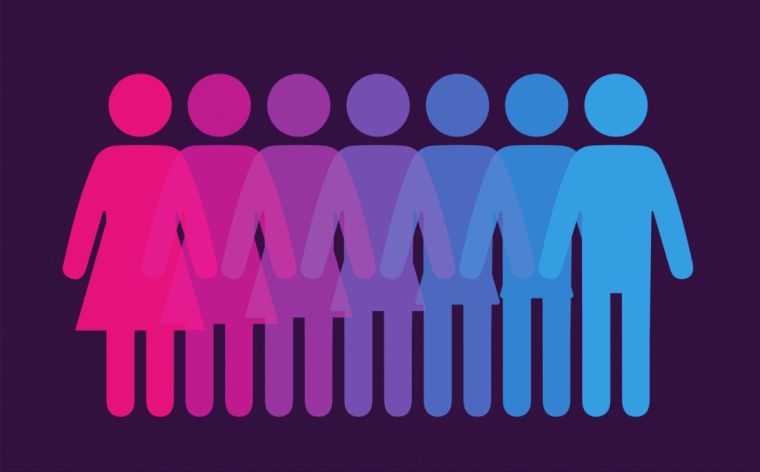Sajid Javid is right to be concerned about transgender treatment for children

In what must surely be viewed as a setback by transgender activists, Health Secretary Sajid Javid has taken the brave step of ordering an urgent inquiry into transgender treatment for children.
This comes in the wake of an interim report into NHS gender identity services for children led by Hilary Cass, a former president of the Royal College of Paediatrics and Child Health. The report states that children are being adversely affected by a lack of expert agreement about gender identity problems, with mental health issues being all too frequently overshadowed or even ignored by health professionals who are rushing children into transitioning treatment without adequate assessment or investigation.
Speaking in the House of Commons last week, and comparing political unwillingness to address the problems with fears of racism in Rotherham over grooming gangs, Mr Javid said, "It's already clear to me from [Cass's] interim findings and from the other evidence that I've seen that the NHS services in this area are too narrow, they are overly affirmative, and in fact they're bordering on ideological."
"Ideological"? Brave indeed, but the comment is eminently justified. In the last decade, referrals to the Tavistock and Portman NHS Foundation Trust went from 138 in 2010-11 to 2,383 in 2020-21, which translates into a 1,460% increase in referrals for boys and a staggering 5,337% increase for girls.
Where children are accepted for treatment, in order to delay the development of physical characteristics that they may find upsetting, and to make future treatment easier, the majority will be prescribed puberty suppressants, or 'blockers' as they are more popularly known. Though it is claimed that this is an interim measure without long-term effects, 98% of children who take such suppressants will go on, at 16 (possibly earlier), to take cross sex hormones, the beginning of the process of medical transitioning
Under NHS guidelines, surgical intervention under 18 is still in theory prohibited – there are ways round this – but even so, some of the effects are irreversible, including the development of physical characteristics, such as breasts and facial hair. Which means that, should a child subsequently change his or her mind, it will be extremely difficult, without further damaging intervention, to reverse the process. In some cases, complete restoration may prove impossible.
There seems no justification for this. To put it baldly, it is simply capitulation to the demands of campaigners seeking to normalise and promote the misleading claim that gender is a matter of choice, not biology, and that children can choose what they want to be. In fact, genuine cases of people born with intersex traits, meaning that they really are 'born in the wrong body', and ranging from chromosome and hormonal irregularity to ambiguous genitalia, are extremely rare, accounting for around at most 1.7% of the population.
For the rest of humanity, a child's DNA and anatomical sex at birth determine whether he or she is male or female, and this cannot be changed. This is not to say that some people don't feel they've been born in the wrong body, but that is what it is - a feeling. There is no medical condition or imperative demanding treatment, and there can be no alteration of sex.
As it is, although increasing numbers of younger children are exhibiting gender confusion, research clearly shows that between 64-90% will, by puberty – if given love, support, and left alone – cease to identify as transgender. Moreover, they will be completely happy with their birth sex. It is also well established that a high proportion of children saying they want to transition are actually suffering from related mental health problems, are autistic, victims of abuse, or are LGBT.
For these children, receiving any sort of transitioning treatment can only cause further damage, both physically and emotionally. And although the numbers of young adults subsequently seeking to detransition are not readily obtainable, we know,from high profile cases like Keira Bell and Charlie Evans that a significant proportion will, after a few years, try to change back.
It would seem then clear that any form of active treatment, including the prescription of puberty suppressants, should be delayed until such time as it can be demonstrated that a child fully understands the implications and outcomes of their 'choice'. Most especially, children should understand that if they are to transition, they will have to spend the rest of their lives on possibly life-shortening medication and will be unable to have children naturally.
Up to and until they become competent to make that choice, there should under law be no intervention. Rather, confused children should be given support and, where needed, offered therapy that takes full account of sexual orientation, mental health problems, autism, and sexual abuse.
In ordering a proper investigation, Sajid Javid is to be commended for his courage and genuine compassion.
Rev Lynda Rose is founder of Voice for Justice UK, a group which works to uphold the moral values of the Bible in society.











